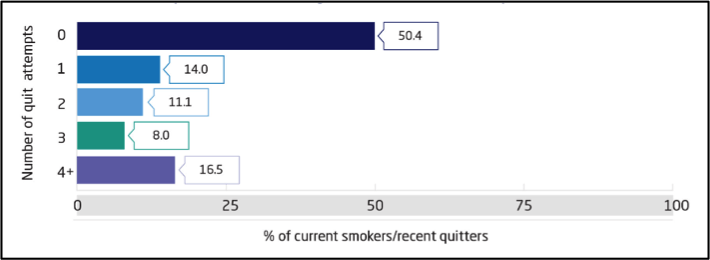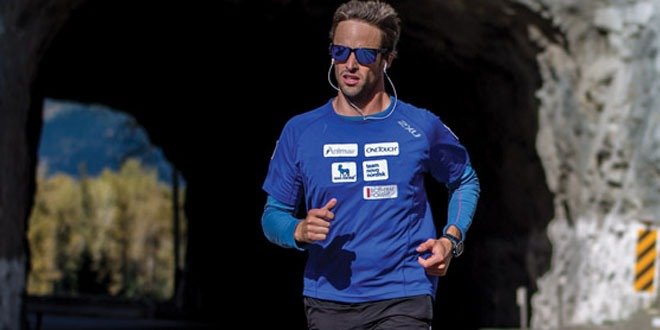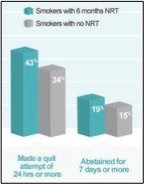Helping your patients quit smoking permanently involves a number of approaches, including addressing the stages of change, providing motivational support and offering counselling. Read this article to learn more.
Building your own quit plan
Let’s face it: quitting smoking is really hard! Breaking free from an addiction is probably one of the most difficult things a person can do.
Exercise and kids with type 1 diabetes
Whether they have diabetes or not, exercise is important for kids. However, there are some things to think about if you have a child with type 1 diabetes.
Sébastien Sasseville: outstanding athlete and motivational speaker!
Sébastien Sasseville is a motivational speaker with type 1 diabetes, who uses his experiences to inspire and empower people to meet their challenges head-on and realize their full potential. Read all about his journeys here.
Managing insulin with increased activity during travel
Some time ago one of our readers asked a question about managing insulin with increased activity during travel…
Nicotine replacement therapy induces quit attempts in undecided smokers
Most smokers want to quit. Healthcare practitioners can assist them by suggesting proven and validated cessation aids, such as nicotine replacement therapy.







